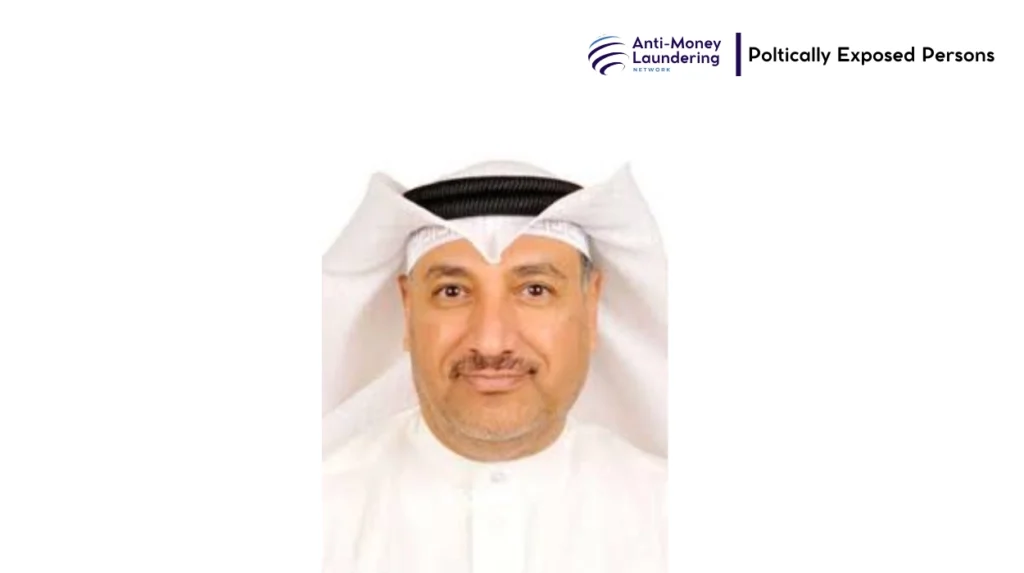Bahrain’s political and financial landscape is marked by systemic corruption deeply entrenched within its elite ruling class. Despite formal anti-corruption laws and international commitments, the political system effectively shields influential figures from accountability, fostering an environment where financial misconduct flourishes unchallenged. The consolidation of executive power under the royal family impedes judicial independence and undermines transparency, allowing politically exposed persons (PEPs) to exploit state-linked institutions and public resources for illicit enrichment with near impunity. This climate of elite impunity and institutional fragility critically hampers genuine anti-corruption efforts and enables the concealment of illicit wealth through complex financial structures. Such conditions create significant vulnerabilities for money laundering and financial crimes linked to Bahrain’s political elite.
Issa Ahmed Mustafa Turki exemplifies the challenges posed by Bahrain’s political system, where senior public figures classified as PEPs can exploit systemic opacity and lack of independent oversight to engage in or enable financial misconduct including money laundering. Though direct evidence publicly available is sparse, the structural environment of Bahrain permits elite impunity, weakens rule of law, and shields influential actors from scrutiny, thereby facilitating the abuse of state institutions for illicit enrichment. This entrenched vulnerability underscores the critical importance of enhanced due diligence and international monitoring concerning Bahraini PEPs in financial and anti-money laundering frameworks.

